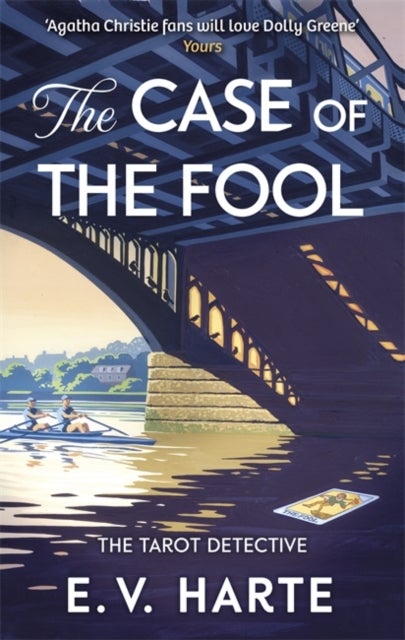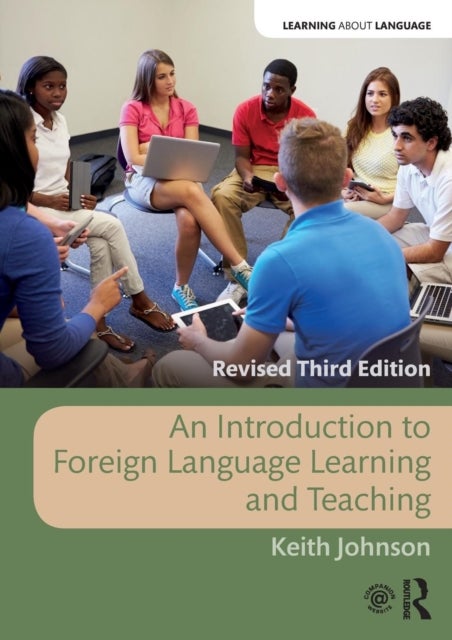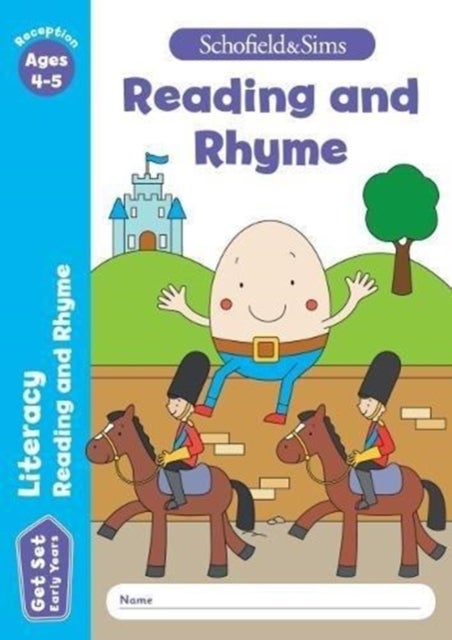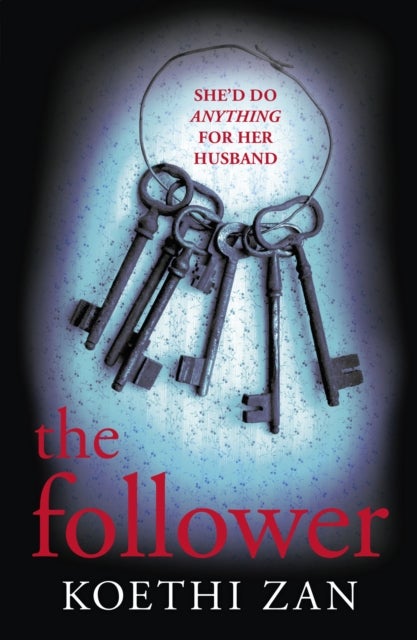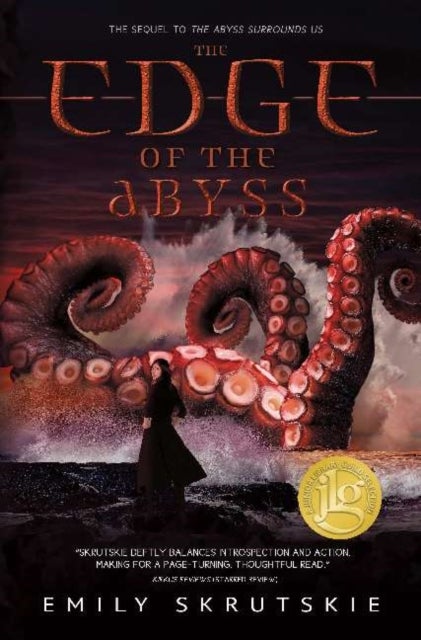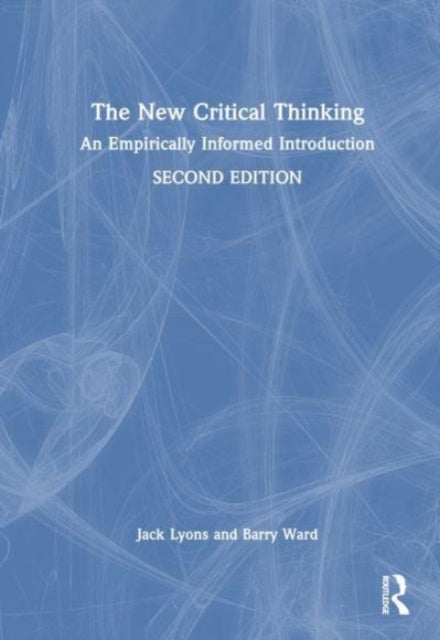
The New Critical Thinking av Jack Lyons, Barry Ward
1759,-
<p>This book aims to improve real-world critical thinking.</p><p>Traditional critical thinking texts neglect two crucial facts. First, as psychologists have shown, many of our mistakes are caused not by faulty formal reasoning, but because we bypass it in favor of intuitive, often unreliable heuristics. Second, good critical thinking requires not only the proper assessment of inference, but also of our premises: the evaluation of information sources is of fundamental importance, especially in this internet era of fake news and politicized science.</p><p>This highly innovative text is psychologically informed, both in its diagnosis of inferential errors, and in teaching students how to watch out for, and circumnavigate, their natural intellectual blind spots. It also incorporates insights from epistemology and philosophy of science to formulate best practices for assessing information sources on the internet and other media. The result is a practical, hands-on primer for real-world crit


